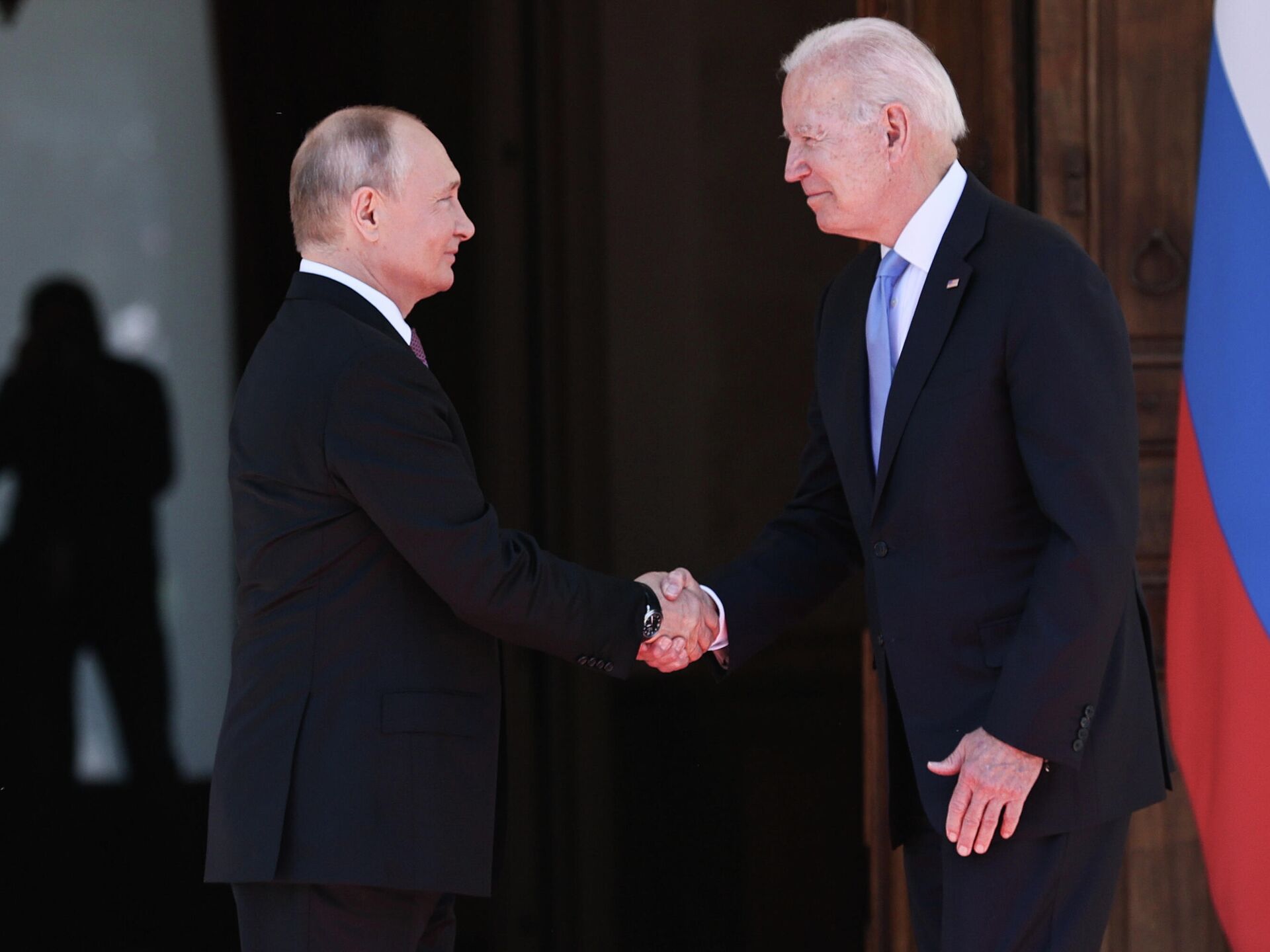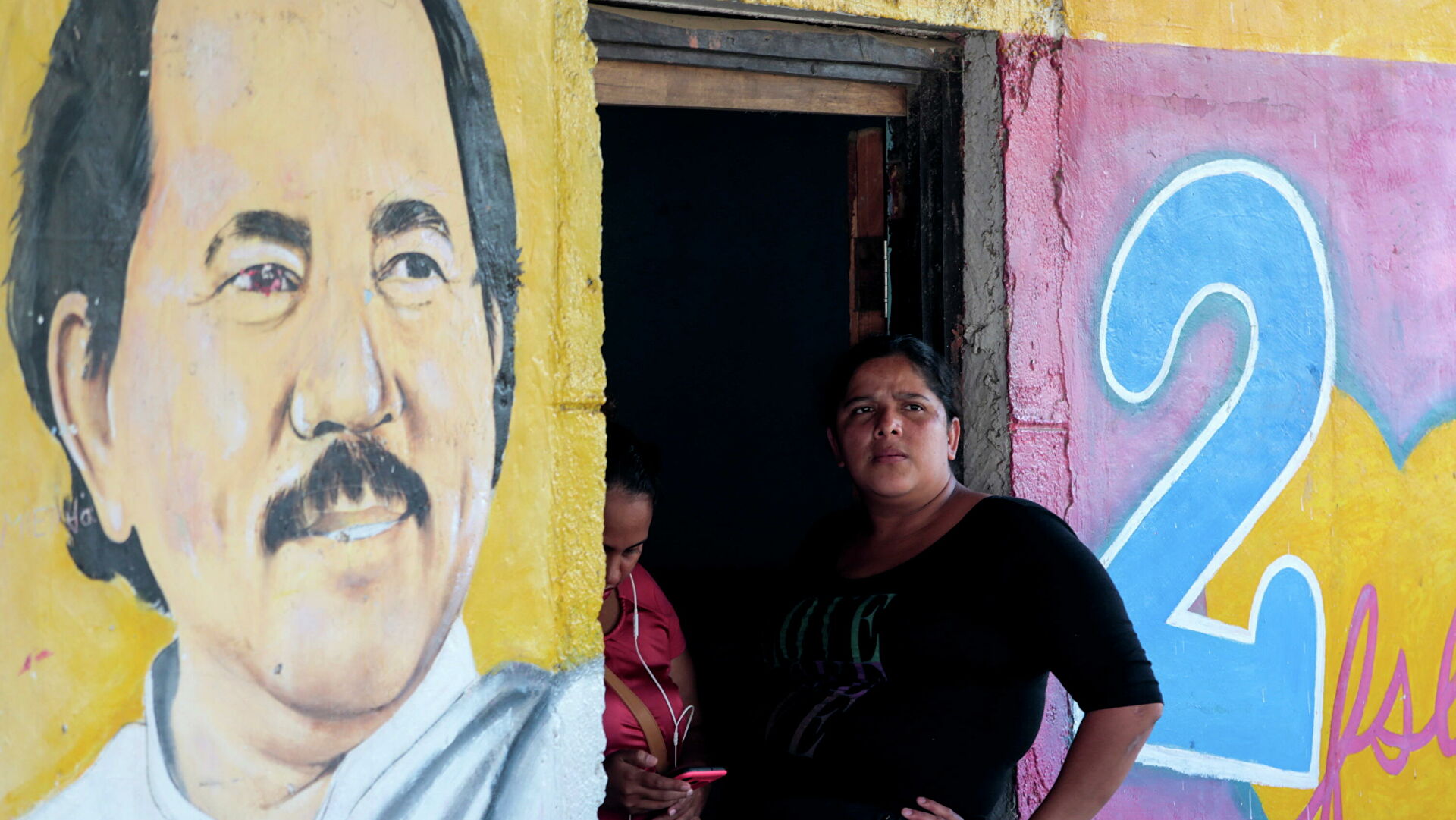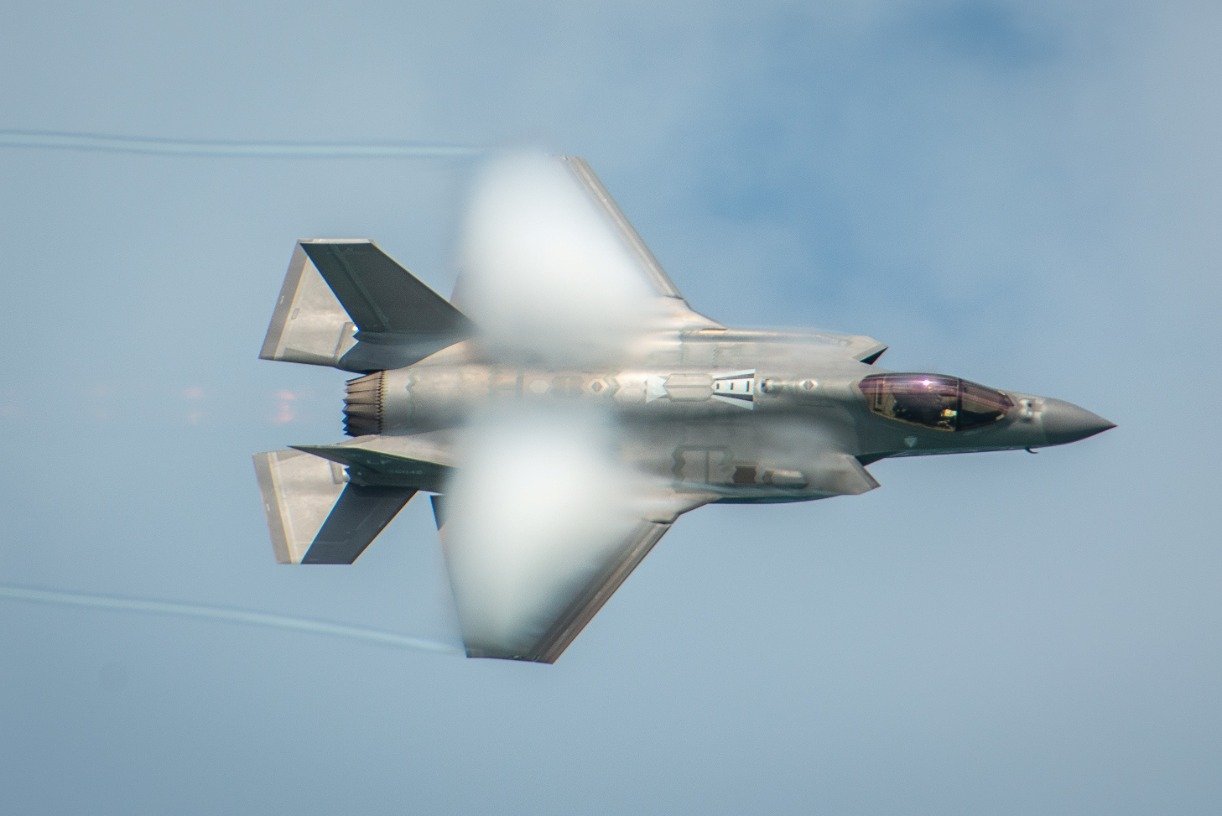Vladimir Gladkov
The US is obviously not satisfied with the current activities of the Syrian opposition and wants to attempt to restructure it.
A recent publication in The Washington Post says that President Obama’s administration is going to organize a meeting of representatives of the Syrian opposition. This meeting is obviously organized as an attempt to make changes in the top structures of the Syrian opposition – maybe, to promote new leaders to head this opposition.
However, there are reasons to doubt whether this attempt by the US will be a success. So far, supporting opposition movements in the Middle East and northern Africa has only resulted in new problems for the US. One of these problems is the fact that the US is losing the trust of many people in the Muslim world because of its policy of double standards. In some countries of the Middle East and northern Africa, the US supports the "democratic” opposition (although the democratism of these opposition movements is often very dubious), and in some – totalitarian regimes.
However, the US administration hopes that the secret talks which it has held with the Syrian opposition for several months were not in vain. The US is obviously unsatisfied with the frequenting conflicts between the leaders of the so-called Syrian National Council, which is considered to be the leading body in the Syrian opposition. But the US hopes that at this official meeting of the Syrian opposition, which is due to take place in Cairo, a certain breakthrough will take place, and the situation will change in a way that will better meet US interests.
It looks like the US administration has finally recognized how dangerous it may be to support radical Islamists and doesn’t want them to influence the sentiments in the Syrian opposition anymore.
If the meeting goes the way the US wants it to go, a new ruling body of the Syrian opposition will be formed and its composition will be okayed by the League of Arab states. There is information that if this happens, the US and France may try to help these new leaders of the Syrian opposition to form something like an autonomy in Syria’s north, near the border with Turkey, which would be independent from the Bashar Assad regime.
This initiative of the US administration is probably a response to the Democrats’ accusations that President Obama’s administration is doing little to try to stop the bloodshed in Syria.
As it was said above, the US administration adheres to the policy of double standards in their attitude to conflicts in Muslim countries. In Syria, it backs the opposition that wants to oust the "bloody” regime of Bashar Assad. In Bahrain, for example, the US, on the opposite, backs the incumbent regime. Bahrain’s government, which consists mostly of Sunnis, severely oppresses representatives of other political groups in the country – but the US prefers to turn a blind eye on reports about tortures and suppressions of opposition rallies in Bahrain. The reason is simple – the US has an air base in Bahrain, which is the largest US air base in the region of the Persian Gulf.
It is still hard to predict how the events in Syria will develop in the future. But it may be said with a big amount of certainty that with its current policy towards the Syrian opposition, the US is risking to repeat the Libyan scenario in Syria.
The Syrian National Council is outraged over the recent remarks by the US Secretary of State Hillary Clinton who said that "the SNC can no longer be viewed as the visible leader of the opposition, and they can be part of a larger opposition, but that opposition must include people from inside Syria and others who have a legitimate voice that needs to be heard.”
A source in the opposition claims the new US-backed opposition council which is to be announced in Doha next week is an attempt to undermine trust in the SNC.
Clinton also expressed her concern over rising extremism in Syria but the SNC leader Abdel-Basset Sieda blames the global community for this saying that it hasn’t provided enough support to the people of Syria.
British Middle East representative Jon Wilks shared Hillary Clinton’s concerns and wrote on Twitter that "some SNC figures saying SNC restructuring next week in Doha will be enough to rescue the opposition's credibility. Not in Syria it won't”.



_jpg/250px-ElbeDay1945_(NARA_ww2-121).jpg)









